Flat layout and children outdoor activities Abstract
advertisement
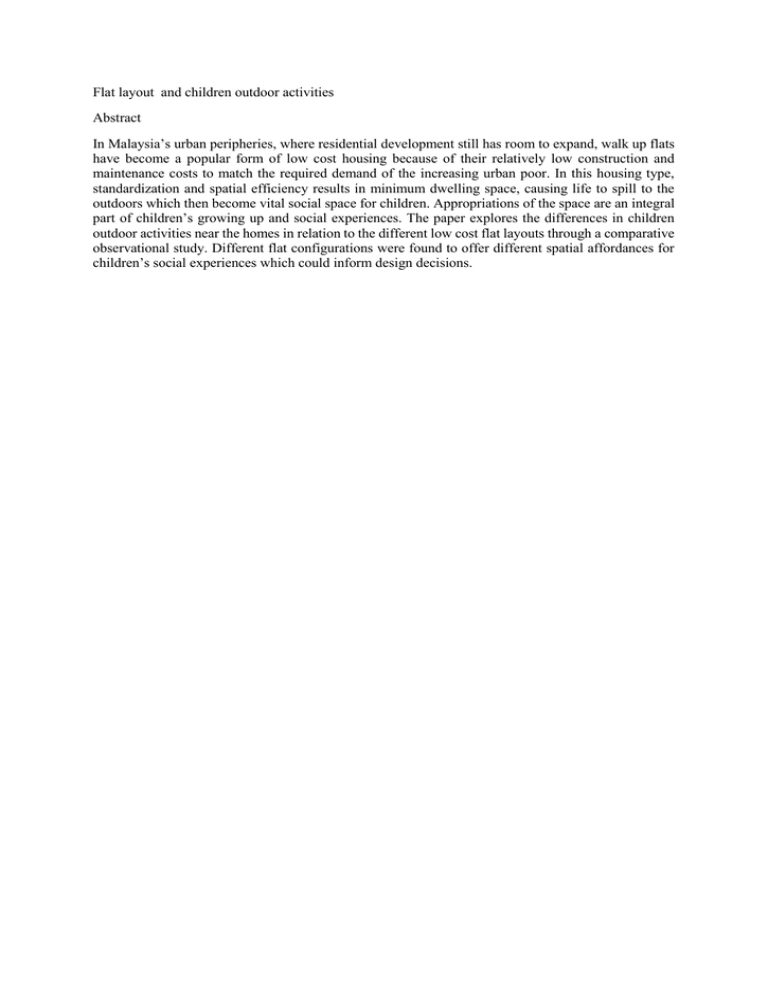
Flat layout and children outdoor activities Abstract In Malaysia’s urban peripheries, where residential development still has room to expand, walk up flats have become a popular form of low cost housing because of their relatively low construction and maintenance costs to match the required demand of the increasing urban poor. In this housing type, standardization and spatial efficiency results in minimum dwelling space, causing life to spill to the outdoors which then become vital social space for children. Appropriations of the space are an integral part of children’s growing up and social experiences. The paper explores the differences in children outdoor activities near the homes in relation to the different low cost flat layouts through a comparative observational study. Different flat configurations were found to offer different spatial affordances for children’s social experiences which could inform design decisions.
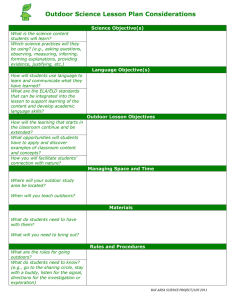
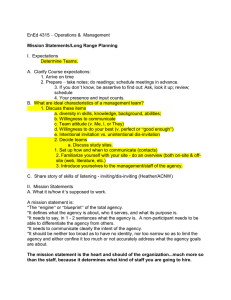
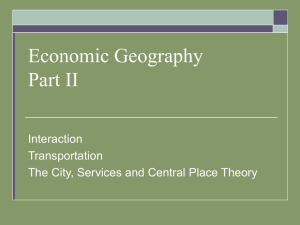

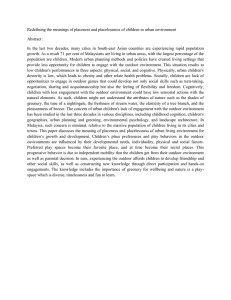


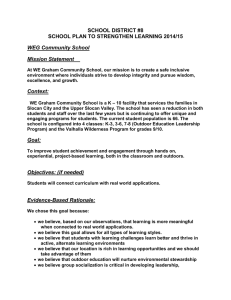

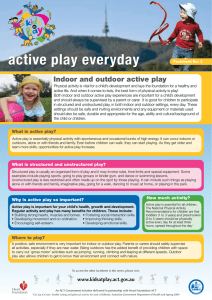

![Space, Place and Education [PPTX 10.73MB]](http://s2.studylib.net/store/data/015030224_1-4ff251833f714196c8b1d395c663dcd8-300x300.png)